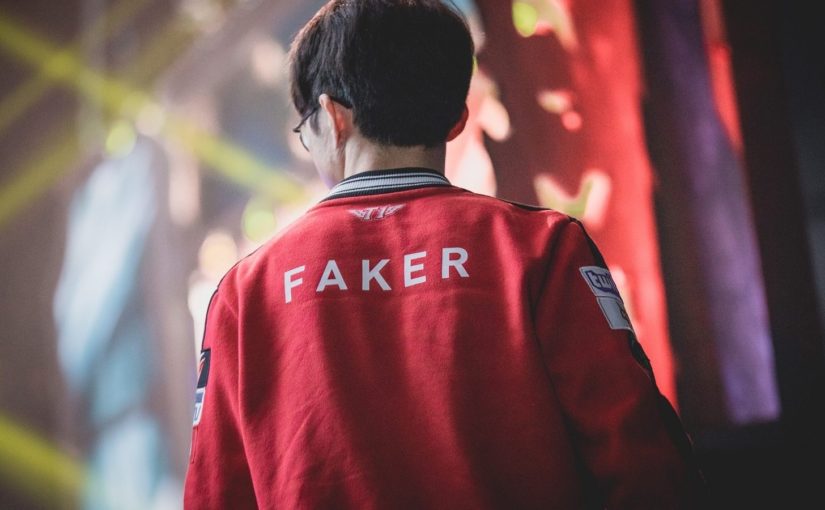Esports has become a big industry, and people today are able to make professional careers out of esports. Make no mistake, the salaries of professional players in top-tier leagues far exceed the DKI Jakarta Regional Minimum Wage. For instance, the minimum salary for Mobile Legends Professional League players is IDR 7.5 million. Players who have the opportunity to compete internationally receive an even larger pay. In Europe, the average salary for a professional League of Legends player is in the realm of billions of rupiahs.
Of course, salary is not the only variable one must take into account when choosing a job. There are several other factors to consider, such as insurance or pension funds. This is the reason why many people chose Civil Servants as their profession. On the other hand, women must also take into account the regulations regarding maternity leave and childbirth.
So, do esports organizations offer other incentives for their players?
Incentives Esports Organizations Can Offer: Health Insurance and Financial Education
Becoming an esports player is not as easy as it seems. Some sacrifices must be made to become a professional esports player. One of these sacrifices is health. A pro player will usually spend tons of hours everyday training which can highly impact their well-being.
In an article by TMZ Sports, Kenny “Kenny” Williams of Los Angeles Thieves and Dillon “Attach” Price of Minnesota ROKKR shed some light on their training schedule. Attach says he and his team can spend about 5-6 hours every day for training. They also train almost every single day of the week. If a tournament is coming, they will barely have any day off. On the other hand, Kenny said that he and his team spent about 35-40 hours a week practicing. Thus, assuming that they train for six days, they spend about 6-7 hours every day for practice.
“We have a fixed training schedule, which is usually from 1 pm to 7 pm,” said Kenny. “However, if we are approaching a tournament, we will usually train for much longer.” Of course, spending a lot of time sitting and playing can cause a variety of health problems, from an increased risk of obesity to muscle weakness. Furthermore, pro players sometimes receive injuries ranging from the wrist, back, or neck.
Apart from being aware of injuries, pros must also pay attention to their nutritional intake as it can highly affect their performance. Therefore, one of the incentives that esports organizations can offer to their players is the guarantee of an adequate nutrition plan. For this reason, some esports organizations are even willing to employ nutritionists to ensure that their athletes get the appropriate nutritional intake. Unfortunately, not every esports organization is willing – or even able – to do this.

Professional players must not only care about their physical health but also their mental health. If left ignored, mental disorders can single-handedly end a pro player’s career. Unfortunately, this phenomenon occurred to Heo “PawN” Won-Seok, a League of Legends player from South Korea who is claimed by many to be the sole rival of Lee “Faker” Sang-hyeok. PawN resigned because he was diagnosed with Obsessive-Compulsive Disorder (OCD).
Furthermore, competing in top-tier tournaments in front of large audiences can put immense mental pressure on esports athletes. The mental burden that esports pros face is even said to be on the same level as that of Olympic athletes. Also, the psychological state of a player has a huge influence on his/her performance. That is why some esports organizations felt that it was necessary to hire psychologists to aid their players. Unfortunately, again, not all esports organizations can or are willing to do this.
Education about financial literacy can be another incentive offered by esports organizations. Of course, financial literacy is a very important knowledge to have as professional players. However, even though there are esports organizations that are willing to educate their players about savings and investment, this practice has not become a standard in the esports industry. Thus, players need to be incredibly introspective on how to handle all the earnings they made throughout their careers.
If the health of esports athletes is of utmost importance, why don’t all esports organizations hire nutritionists or psychologists? If knowledge of financial literacy can greatly impact a player’s future, why are there not many esports organizations willing to educate their players about this topic?
Esports is a young and relatively brand-new industry. Indeed, the value of the esports industry is estimated to reach US $ 1 billion. Even so, most esports organizations have yet to find a definite and sustainable business model. Therefore, it would make sense that they will also try to reduce expenses and pass up on hiring nutritionists or psychologists. Instead, the organization will place the responsibility on the players to take care of themselves.
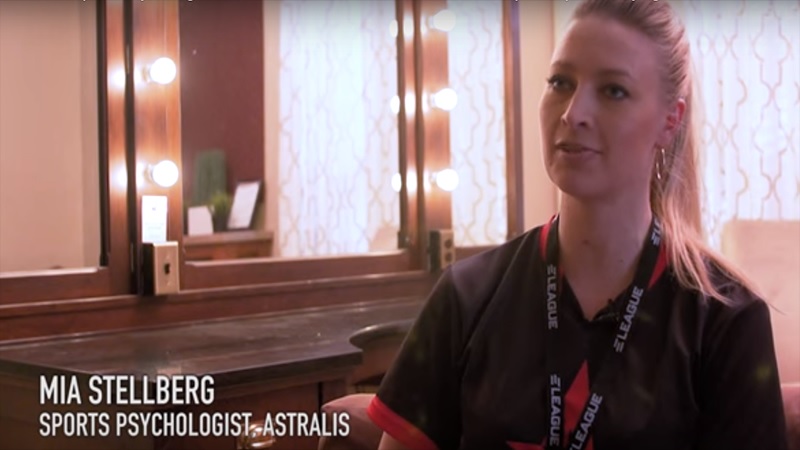
With regards to financial literacy, the exact same reasons apply. Most esports organizations are unwilling to hire a financial specialist to educate their athletes about long-term financial planning, especially because financial literacy does not have a direct impact on a player’s performance.
Indeed, in normal business scenarios, loyal workers are usually more productive and provide a higher quality of service. As a result, customers will be more satisfied, and company revenues will hypothetically increase. In this case, companies have a solid reason for keeping their employees highly motivated in their work. One way to boost employees’ motivation is to make the work environment feel like home and give them lots of opportunities to learn new things. Unfortunately, the conditions in the world of esports – especially regarding professional players – are somewhat different. This difference is mainly caused by the exceptionally short career length of an esports player.
According to Esports Lane, an esports player’s career lasts only about 4-5 years on average. Therefore, an esports organization has no urgency to retain esports athletes for a long time. On the other hand, typical companies can employ an employee for up to a dozen years or even decades. So it is not surprising that esports organizations are not interested in providing benefits or incentives to their players.
Short duration of esports leagues and contracts
Esports is often compared to traditional sports. Competitive gaming is even now starting to be considered a legitimate sport and is included in various major sporting events, such as the Asia Games and the SEA Games. Even so, esports still has several differences from traditional sports. For example, the games that are played in esports are, obviously, commercial products. Therefore, the popularity of a particular esports scene can directly impact the game developers’ success. As an illustration, FIFA will not generate extra revenue if the number of amateur football players increases. However, if the number of Rainbow Six: Siege players goes up, Ubisoft’s income will most likely increase.
Another factor that distinguishes esports and traditional sports is that esports games have the risk of becoming irrelevant. Despite the average age of football spectators continuing to rise, no one is saying that “football is going to die!”. However, this notion cannot be applied to esports games. Games that have a growing esports scene, such as Dota 2, can be considered to be dying in certain regions. For instance, the Dota 2 ecosystem in Indonesia is getting irrelevant day by day. These two factors cause handling esports and sports to become very different. Aspects such as frequency and duration of competitions will not be the same in esports and traditional sports.
Within a year, esports competitions are usually held twice; in spring split and fall split or in summer split and winter split. On the other hand, traditional sports competitions, such as football, are usually only held once a year. Moreover, the duration of esports competitions is usually also much shorter. Free Fire Master League Season III lasts for 5 weeks, from January 16, 2021, to February 20-21, 2021, and the regular season of Mobile Legends Professional League lasts for 8 weeks before entering the playoffs, which usually lasts for 3 days. In comparison, the Premier League starts off in August and ends in May the following year, which means the Premier League lasts for about 10 months.
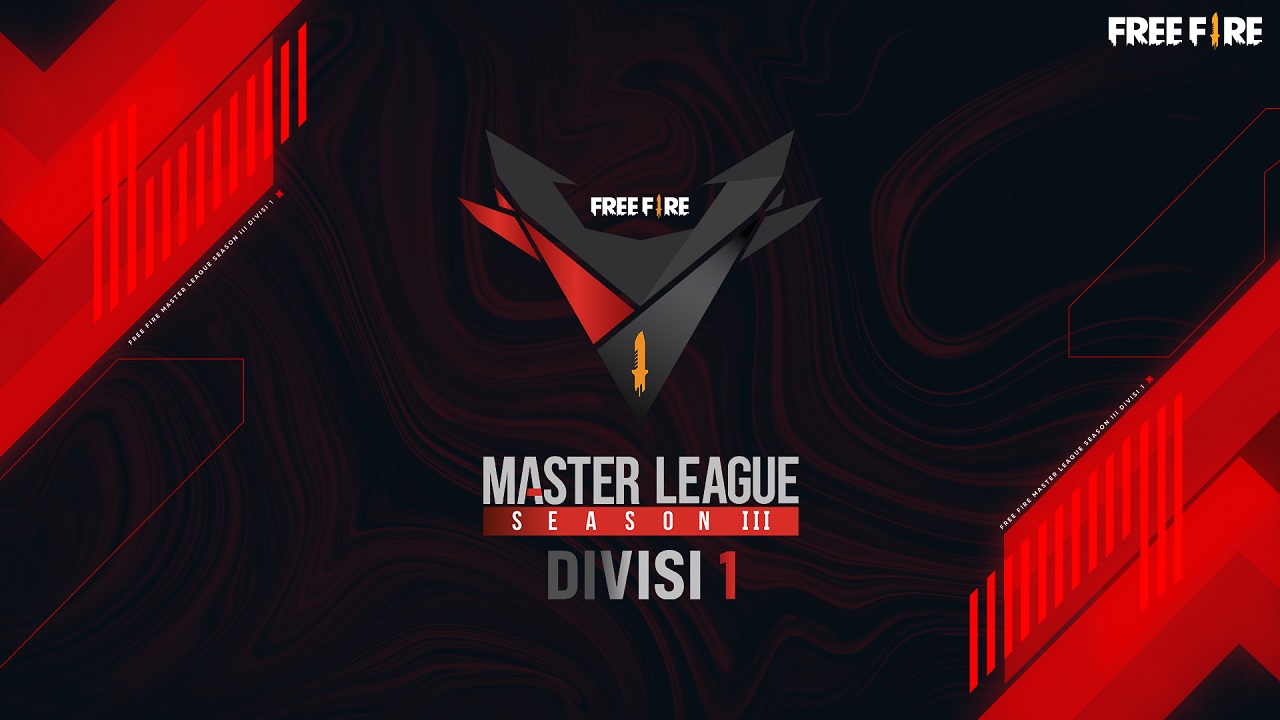
The short duration of the esports league also influences the duration of the player contracts. According to shout caster Wibi “8ken” Irbawanto, on average, a player contract in esports normally lasts between 3 to 12 months. Indeed, there are some players who can obtain contracts for up to 2 years. However, these types of contracts pose a very high risk for the esports organization. On the flip side, the average contract duration for a football player is 3-5 years.
Short career lifespans and high occurrences of tournaments seem to be the two factors that cause esports players to never be reluctant in moving teams intermittently. Regularly jumping from team to team is by no means a bad thing. Moving between organizations is a clever method to increase a player’s salary. Therefore, it is only natural for a player to decide to move to another team in order to get a bigger income or greater benefits.
In addition, esports organizations are also never hesitant in kicking players or disbanding teams when their performance is deemed unsatisfactory. In this case, the esports organization is not to be blamed either. After all, sponsorship is still the most valuable contributor to the income of an esports organization. Furthermore, gathering a large following or fans is crucial in attracting sponsors, which is why esports organizations like to show off and make these kinds of large moves.
Player regeneration is also equally important. However, if an esports organization continues to shuffle rosters frequently, the team might also suffer some unfortunate problems. For example, the new players must always re-adjust to the rhythm and style of the newly joined team. If an esports organization decides to build a new team from scratch, then the players will need to train to play together from the ground up. For the pro players, changing teams regularly also poses its own risk. It is undeniable that the chemistry between players considerably affects the performance of a team. The case is the same in traditional sports like football. It is not uncommon to see a striker’s performance degrade and is unable to score a goal after joining a new team.
Who Is Responsible In Keeping the Esports Ecosystem Healthy?
Developers are usually the ones who are responsible for ensuring the esports ecosystem of their games grows since they hold the most authority and control. For instance, Activision Blizzard can set minimum wages for players competing in the Overwatch League. On the other hand, Riot Games is the one who sets the franchise system model in the League of Legends league.
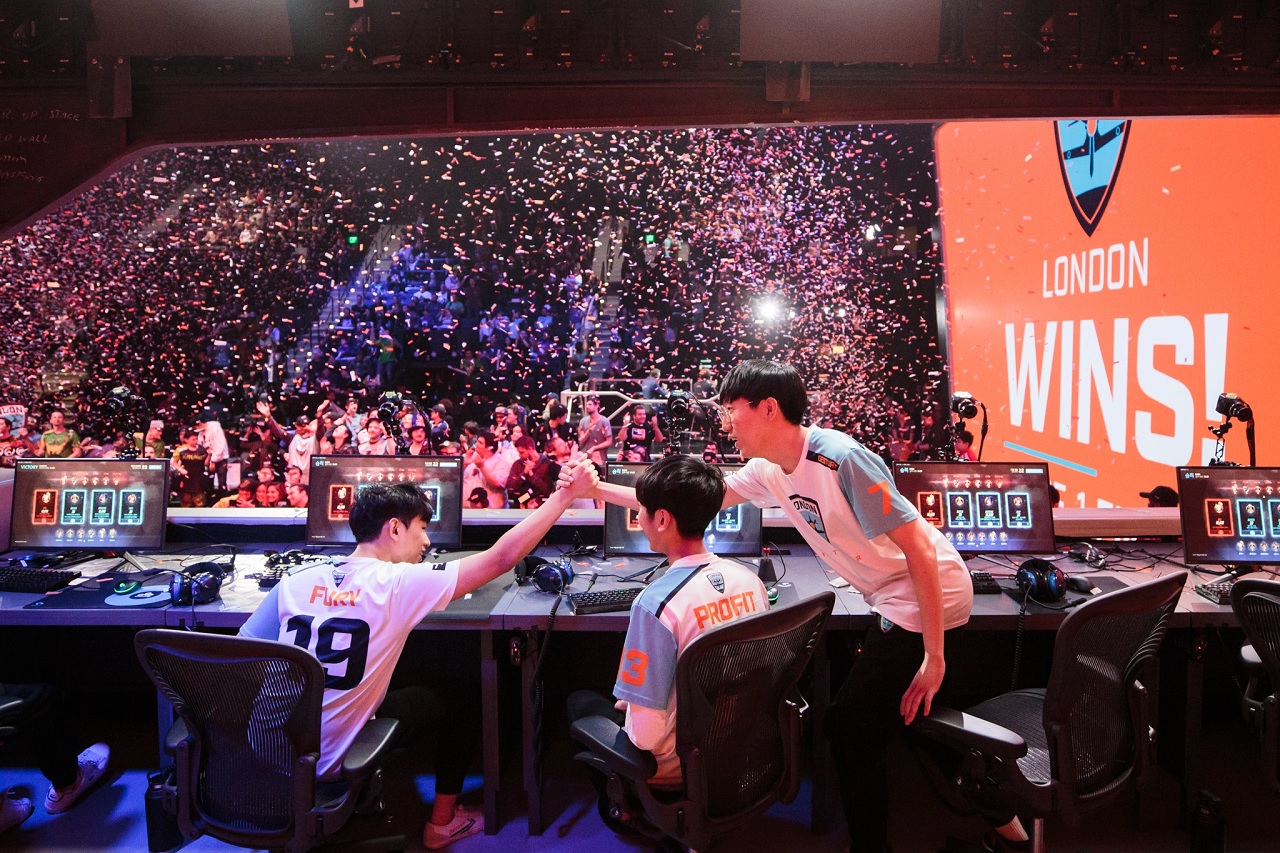
Let’s go back to the problem of rapid roster shuffles and short league durations. One of the things that publishers can do to prevent rapid roster shuffles is to, obviously, extend the duration of the league. In this case, both teams and esports athletes can have more time to make plans. However, extending league durations can potentially lead to new problems, such as losing audiences, which would impact the ecosystem’s income. Since most esports audiences are millennials who are often connoted with short attention spans, a longer league duration can be extremely boring.
As part of the esports industry, esports players and organizations also play a key role in ensuring the esports ecosystem’s longevity. One of the obligations of esports organizations is providing adequate resources – salary and benefits – for the players. Of course, esports organizations do not have to blindly support players and their post-retirement future like a charity. However, they can still collaborate with financial institutions and provide some knowledge of financial literacy to their players without spending extra funds.
Currently, more non-endemic brands are interested in entering the world of esports, including banks and insurance. Therefore, esports organizations have the option to partner up with a financial institution and provide insurances to their players. This exact idea was implemented by T1 in July 2020 when they collaborated with Hana Bank. Through this partnership, T1 players were able to receive insurance and financial services from Hana Bank. In exchange, T1 will promote the Hana Bank’s app and help them develop financial products for esports fans.
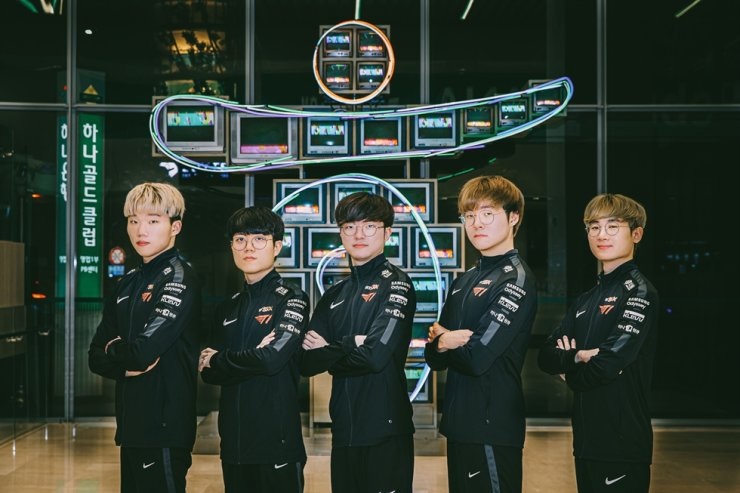
Esports organizations can also help retired players in other ways than just through education. For example, they can offer some form of a post-retirement job. The CEO of RRQ, Andrian Pauline, once revealed that a retired RRQ player will be able to apply for jobs at subsidiary companies of MidPlaza Holding, which is the parent company of RRQ. EVOS Esports has also followed this concept. At the end of February 2021, EVOS appointed Stefan Chong as the Business Development Lead for the Singapore region. In South Korea, Lee “Faker” Sang-hyeok‘s loyalty to T1 allowed him to obtain a portion of shares in the esports organization.
Compared to publishers and esports organizations, pro players are usually seen as the group with the least bargaining power. However, this does not mean that pros should just accept any of the conditions an organization might put them in. One of the things an esports athlete can do before retirement is to learn a new skill through the aid of the organization. Therefore, he will be able to secure jobs after his/her esports career comes to a close. In addition, an esports player can also conduct business or entrepreneurship, which is why financial literacy is an immensely important knowledge to possess.
However, one thing is for sure: an esports player is the one who fully dictates the future of his/her retirement. Indeed, esports organizations can help in providing financial literacy education or offering several post-retirement jobs. But in the end, it is the players themselves who make the final say on their future.
Conclusion
To conclude, we can take the example of a sale-purchase contract. The sale and purchase agreement can happen if only the seller and the buyer agrees on a price set for the goods and services. The same concept occurs in work contracts. A worker will be willing to work and provide labor so long he or she agrees with the company’s offer. I think this analogy can also be applied in the world of esports. But, of course, esports players are usually much younger than typical company employees. Therefore, their experience in the work setting may still be very minimal.
Ideally, an esports organization should not only take care of the health and well-being of its players but also teach them how to be legitimate professionals. Better yet, they can also assist them in preparing them for retirement. However, in the end, the future always rests in the hands of the players themselves.
Translated by: Ananto Joyoadikusumo
